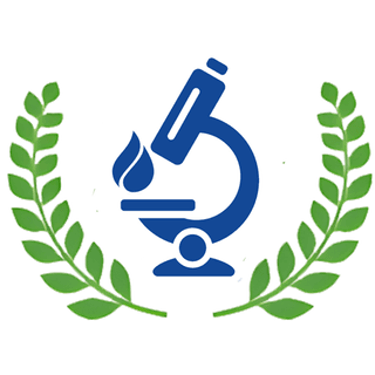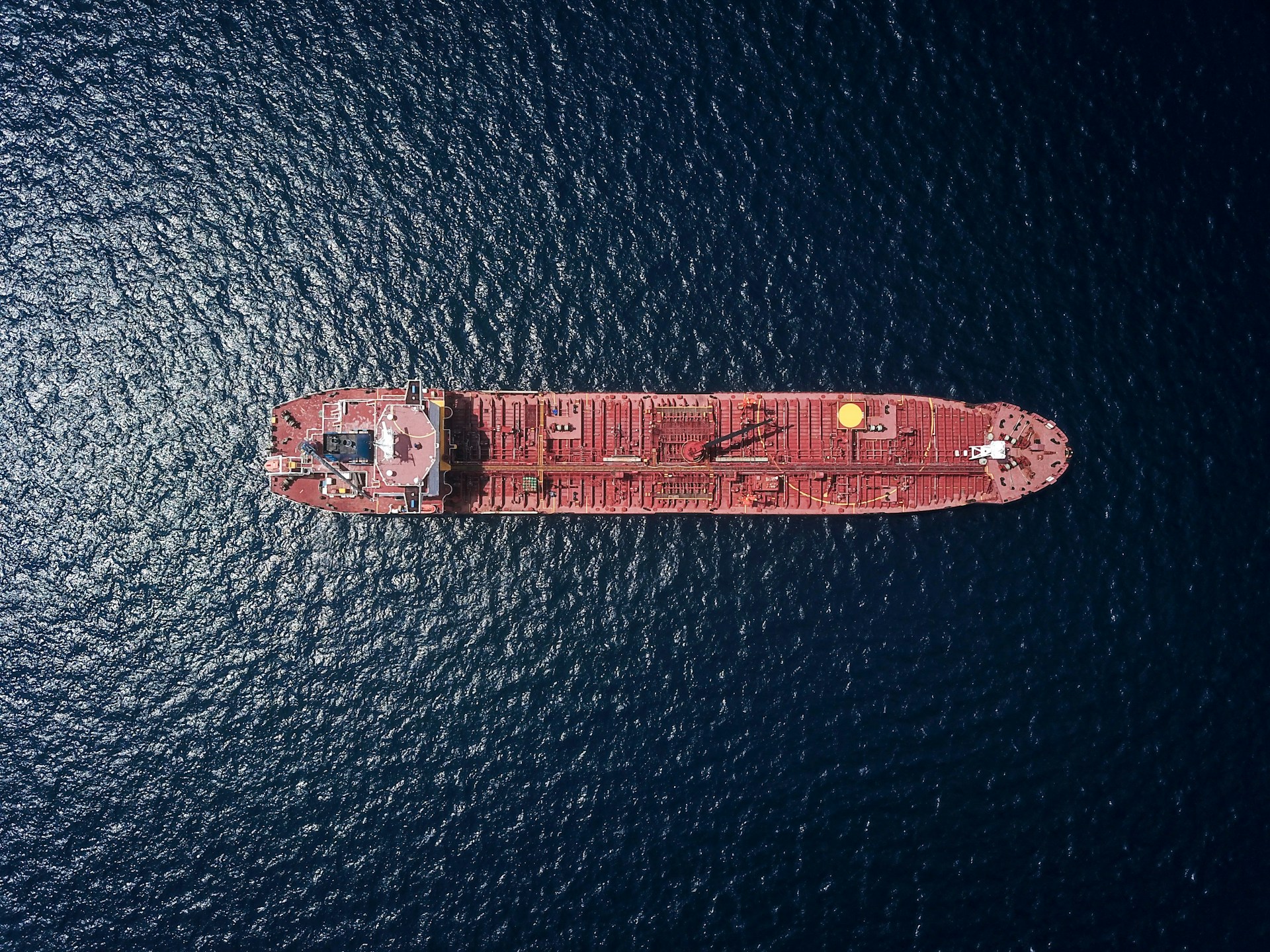
JOSHTEK MARINE
Ballast Water Testing Services
Onboard sampling, analysis and certification
IMO, USCG and regional standards.
Tested. Trusted. ISO-Certified.
WATER TESTING SERVICES
Ballast, Drinking water, Bilge water, Scrubber/EGCS, Grey Water, Foam Analysis
Innovative Solutions for Marine water testing, available 24 hours Support
EXPERT TEAM
MARINE SUSTAINIBILTY
Sustainability Anchored in Innovation.
Protecting Vessels with Our Sustainable Solutions.
About Joshtek Marine
Discover our journey and achievements in marine innovation.
Technical Expertise and Reliability.
Global Services
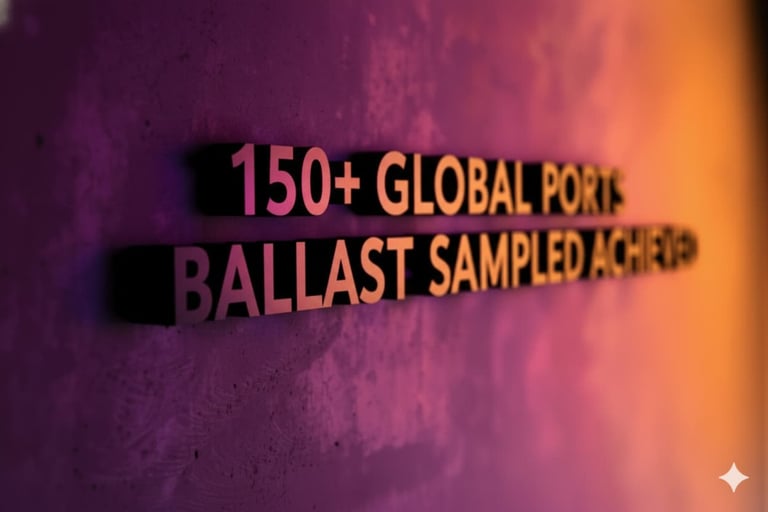

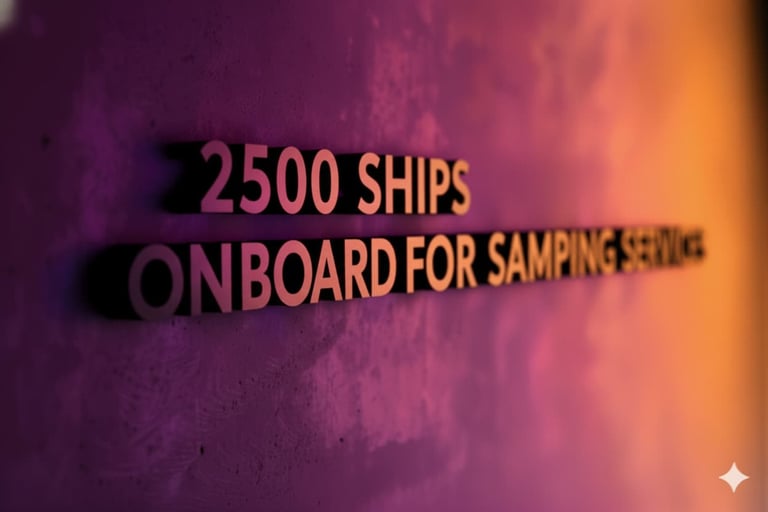

OUR SERVICES
BALLAST WATER TESTING
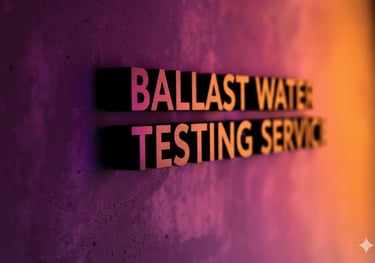



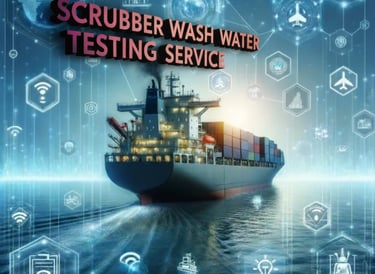

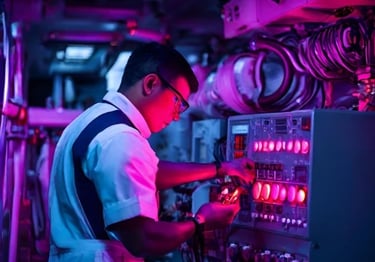

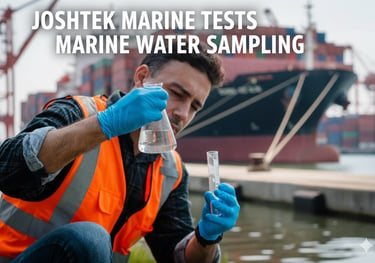

SCRUBBER WATER TESTING
DRINKING WATER TESTING
BWTS SYSTEM CALIBRATION
1 YEAR ONBOARD DRINKING WATER TESTING KIT
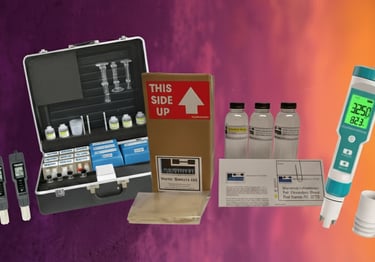



FOAM & LUB OIL SAMPLING & ANALYSIS
BALLAST & SCRUBBER YEARLY USE SAMPLING SET


DRUG & ALCHOHOL ONBOARD SAMPLING & TESTING SERVICES
Join Our Maritime Community
Stay updated on marine testing innovations.
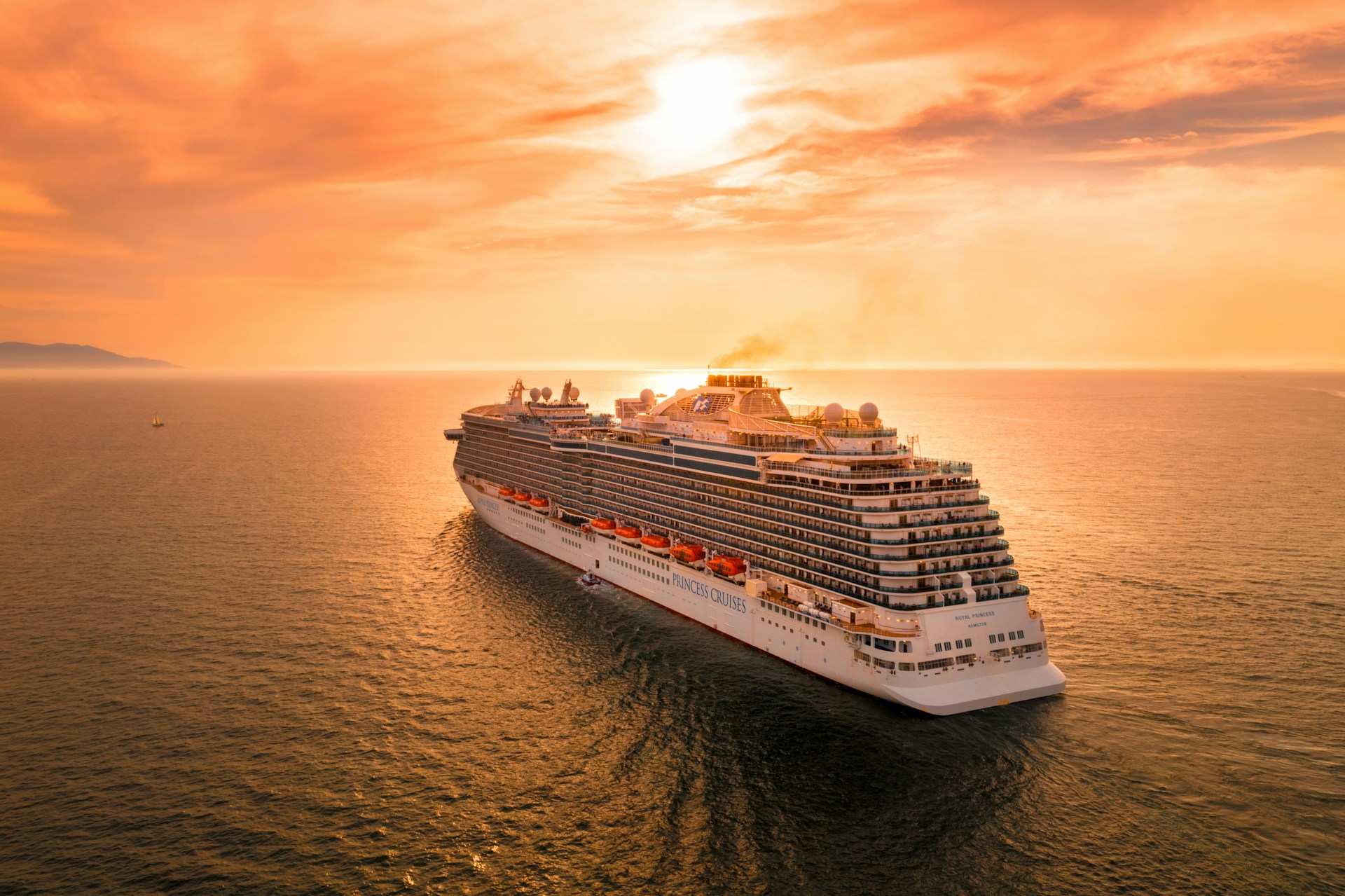
Joshtek Marine provided exceptional water testing services, ensuring our vessel's compliance with regulations seamlessly.
The team at Joshtek Marine is knowledgeable and reliable, making our compliance process effortless and efficient.
★★★★★
★★★★★
JoshtTek Marine ballast water testing and calibration service is excellent service! We trust them with all our fleets.
They explained the test results clearly and helped us maintain our sensors without any hassle. Reliable and professional – highly recommended.
Excellent service! JoshtTek Marine’s documentation and reports are precise.
Top-quality service – we recommend them to every vessel we manage.
JoshtTek Marine makes marine testing water simple. Their friendly staff and expert service ensure success on every voyage.
★★★★★
Top-quality service
JoshtTek Marine offers highly competitive pricing, providing greater discounts compared to other companies.
We truly value their services to detail and quick response time.
JoshTek Marine comes highly recommended for comprehensive ballast water testing and calibration services.
I appreciate their attention to detail and fast turnaround.
We recommend JoshtTek Marine for all ballast water testing and calibration.
